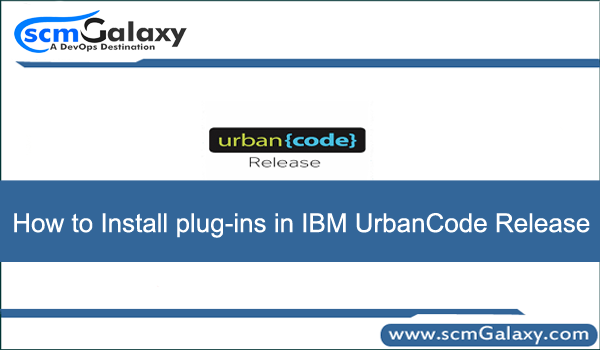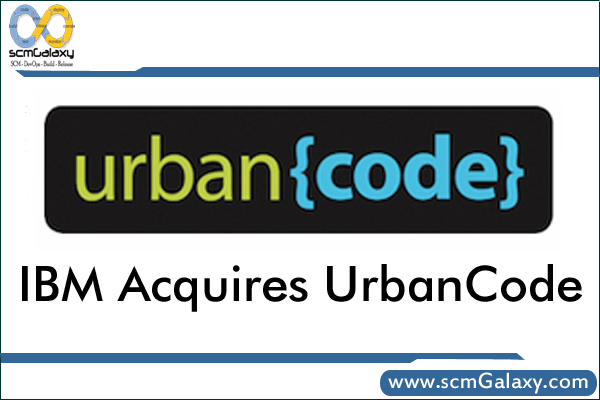Procedure
- Download the installation files for one or more plug-ins from the following site: https://developer.ibm.com/urbancode/plugins/ibm-urbancode-deploy/
- Load the plug-ins:
- For automation plug-ins, click Settings > Automation Plugins, then click Load Plugin.
- For source plug-ins, click Settings > Source Config Plugins, then click Load Plugin.
- Enter the path to the compressed plug-in file, and then click Submit.
Results
The plug-in is listed on either the Automation Plugins pane or the Source Config Plugins pane. After the plug-in is installed, it is available immediately.
Uninstalling a plug-in
To uninstall a plug-in, click Settings > Automation Plugins, find the plug-in, and then click Delete.
Note: Before uninstalling a plug-in, verify that it is no longer in use. Deleting a plug-in which is being used by existing processes causes those processes to be invalid.
Rolling back plug-ins
You cannot roll back a plug-in version to a previous version. If you have mistakenly deleted a version of a plug-in being used in processes, the step will display “PLUGIN DELETED”. The server retains the pertinent steps to avoid breaking persistent processes and snapshots, but the configuration should be updated according to intention. If the intention is to use an earlier version of the plug-in, perform the following steps:
-
- Uninstall (Delete) the later version of the plug-in. Now, in all processes, steps from that plug-in are shown with the text “PLUGIN DELETED”. These steps should never be left in this state.Note: The server retains the later version steps to avoid breaking snapshots. However, you cannot add these steps to processes after you delete the plug-in. All deleted steps should be updated immediately.
- Install the earlier version of the plug-in (if not already installed).Note: If an earlier plug-in version was installed and previously upgraded, this step is not necessary, as the previous version will be now be usable again.
- In each process that used steps from the later plug-in, re-create and delete the steps that are labeled “PLUGIN DELETED.” This will “roll back” the step from the later to earlier version. The process steps cannot be changed until you re-create them, even if you installed another version of the plug-in.
Note: Re-installing the later version of the plug-in will restore the processes.


